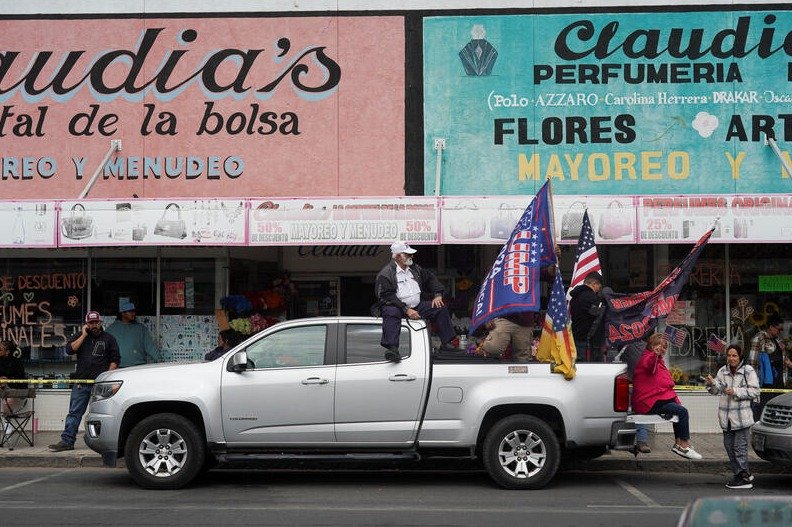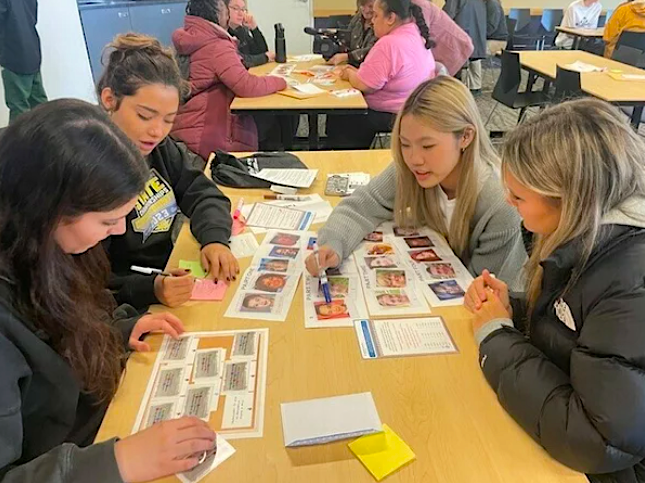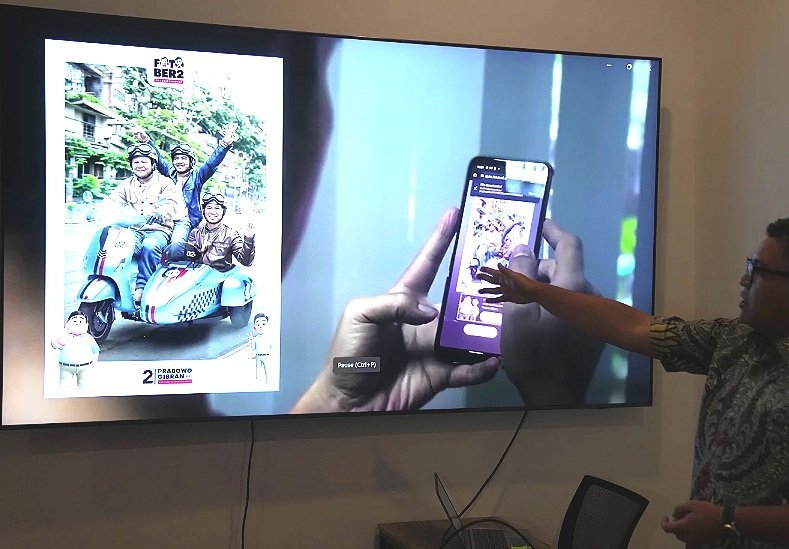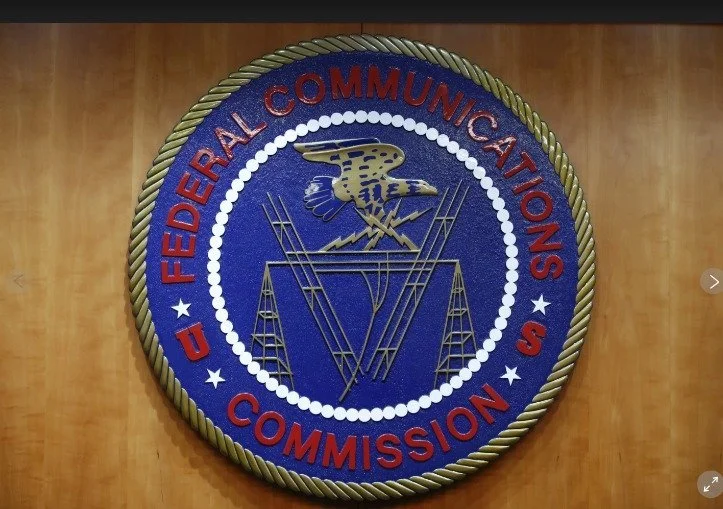AI, lies and conspiracy theories: How Latinos became a key target for misinformation in the US election
Supporters of Republican presidential candidate and former U.S. President Donald Trump gather outside Shelby Park on the day he visits the U.S.-Mexico border at Eagle Pass, Texas, U.S., February 29, 2024. REUTERS/Go Nakamura
Reuters Institute
Is Taylor Swift a Pentagon psychological operations asset? Did Texas governor Greg Abbott say that Joe Biden needs to learn from Vladimir Putin to work for the interest of the United States? Did Donald Trump say that the 9/11 attacks were an inside job of the US government? Has the US military arrived in Ecuador to ‘kill terrorists’?
If you scroll through Spanish-language TikTok, X, and Facebook, you may have seen some of these falsehoods that aim to negatively portray Democrats or Republicans, depending on which fake news you encounter.
US voters will head to the polls on 5 November in the first presidential election since the rise of generative AI. Audiences might be exposed to audio, images and videos created with Midjourney, Dall-E, ChatGPT and other tools. But they will definitely encounter more traditional forms of misinformation, which tend to be based on true information that’s spun, twisted, recontextualised, or reworked by activists and campaigners with the goal of reinforcing partisan narratives, just as the stories above show.
Throughout the past couple of decades, US Latinos have been the target for these kinds of mis- and disinformation campaigns. With an estimated 36.2 million of Latinos being eligible to vote in 2024, up from 32.3 million in 2020, they make up the biggest minority group in the country with a significant say on its future, as many live in battleground states such as Florida, Arizona, Nevada, and Georgia.
To understand what narratives are being disseminated to Spanish-speakers in the US, I spoke to three experts who are tracking them and fact-checking them to Spanish-speaking audiences.
MORE
RELATED STORIES FROM THE INTEGRITY PROJECT




